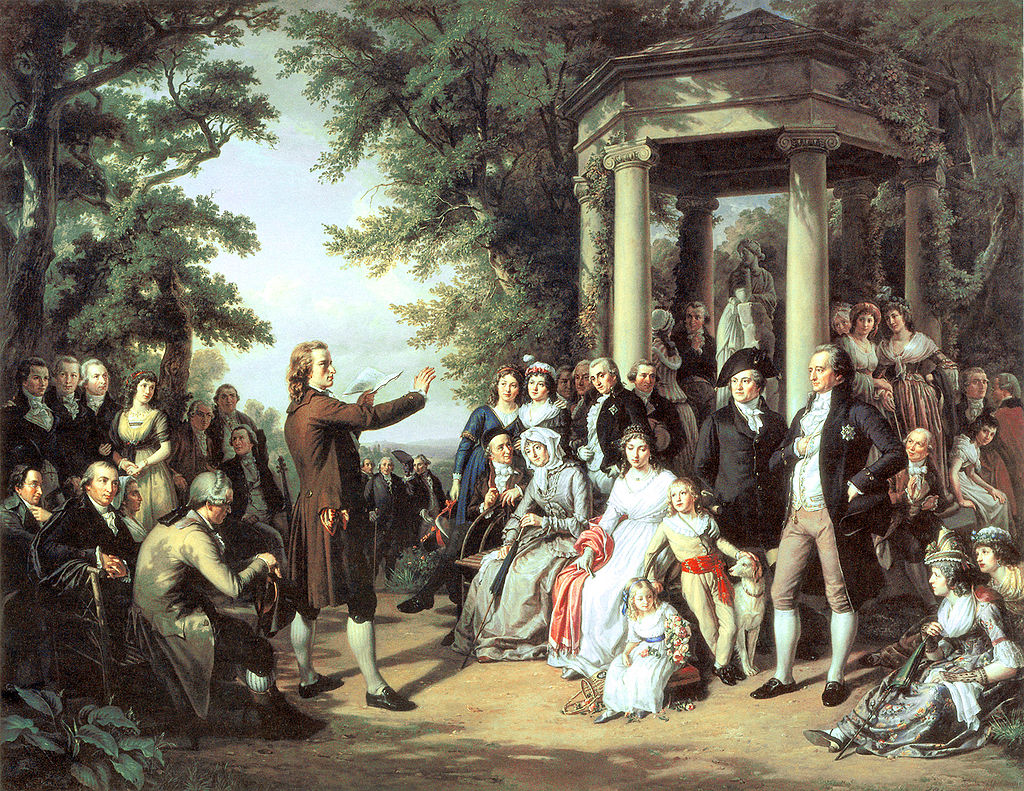In Steven Pinker’s Enlightenment Now, the Ethics of Reporting Human Progress
In 1995, Alan Sokal famously (or perhaps, infamously) wrote a manuscript full of rubbish sentences giving the impression that scientific theories are no more than social constructions. His article was written with the typical pompous (and largely nonsensical) language of postmodern philosophy. He sent the manuscript to the academic journal Social Text, and it was published. Sokal then informed the wider public that he had written the manuscript deliberately as a hoax, in order to expose how far Postmodernism had gone in Western academics. Sokal wanted to prove that, as long as authors wrote in incomprehensible language, gave the appearance of criticizing the scientific establishment, and took a stand against the powers that be (capitalism, patriarchy, Western civilization, etc.), postmodern academics would welcome such writings, regardless of how absurd their claims were.
Postmodernism arose very much as a reaction against the Enlightenment. Philosophers such as Derrida, Lyotard, Deleuze, and Foucault (amongst many others) believed that the Enlightenment was a failed intellectual project that, in its embrace of rationality and universal values, had made the world a worse place. And, in part because the Enlightenment had placed so much emphasis on clarity of thought, many postmodern authors assumed that liberation from Enlightenment would be the opposite: they would write in an extremely opaque style, and they would challenge the primacy of rationality and science. This was the object of Sokal’s critique.
Yet, even before the rise of postmodernism as an intellectual fashion, there were other critics of the Enlightenment as well. The members of the so-called “Frankfurt School” wrote books blaming the Enlightenment for the Holocaust, Hiroshima, industrial alienation, and other unpleasant things of the 20th Century. In fact, this critique is even older. The Enlightenment began in the 18th Century, but almost immediately, in the early 19th Century, a new intellectual fashion (the Counter-Enlightenment) arose, blaming the ideas of the philosophes for the horrors of the French Revolution.
The Counter-Enlightenment was closely aligned with the Romantic Movement. And, inasmuch as the Enlightenment defended the idea of progress and presented an optimistic outlook for the future of humanity, Romanticists hoped for a return to an idealized bucolic past, away from the rigors of rationality, yet with a much happier existence.
Today, the Enlightenment is not as challenged as it once was by Romanticists and Postmodernists. Yet, the unease with the current status of the world make many critics (especially pseudo-progressives on the left, although by no means exclusively) claim that the Enlightenment has been a failure, and that technology, science, capitalism, industrialization, rationality, secularization, etc. (in other words, the typical features of modernity and the Enlightenment), have made the world worse.
Fortunately, Steven Pinker has recently published a much-discussed book, Enlightenment Now, which thoroughly details that by a great number of measures, the world is a much better place now than it was three centuries ago. This debate is by no means new. Followers of Rousseau and Hobbes have long claimed that, prior to civilization, humans, respectively, were either noble savages or their lives were nasty, brutish and short. Neither Rousseau nor Hobbes had real data to support their claims. Pinker, by contrast, with an impressive amount of statistics from different periods in History, as well as from various geographic locations, tries to settle this debate.
Pinker leans towards the Hobbesian side, in the sense that he acknowledges that civilization has significantly improved our living conditions, and he forecasts that the world will continue to improve. In the past, philosophers such as Hegel have claimed that, due to some mysterious metaphysical necessity, humanity achieves higher moral standards as history unfolds. Pinker, ever the Enlightenment no-nonsense author, does not buy into those metaphysical interpretations. He just claims on the basis of evidence that, indeed, humanity has achieved major moral improvements over the last few centuries, and given that progression, it seems safe to assume that it will continue to do so, but by no means is it guaranteed in the Hegelian sense.
With substantial statistical support, Pinker proves that the world today is less violent and more secure. People live longer and healthier lives. More wealth is produced, the environment is more protected, equality is more established (both in economic and civil terms) and democracy is firmer. People are better educated, and overall, are happier than in previous epochs.
Understandably, many readers may be very skeptic of Pinker’s claims. After all, there is a brutal civil war in Syria, refugees keep dying in the Mediterranean, temperatures seem to be rising, the 1% on Wall Street seems to be getting richer, white cops keep killing innocent black people, populism and far-right politics are on the rise, AIDS and cancer still claim many lives, and depression is a major health problem.
Yet, in perhaps the most important part of his book, Pinker explains that such skepticism basically derives from a deep-seated bias in our understanding of the world: the Availability Heuristic. We focus on the news that is immediately available and that, for psychological reasons, get most of our attention. A newspaper is not likely to report about the many years that a particular town has not had any cases of rape; yet, it will report on the one occasion when rape does happen in that town. We thus turn our attention to the bad things happening, not the good things, and in that sense, it is easy to conclude that the world is not a better place today. However, that conclusion is wrong.
This has important ethical implications. Despite the strong psychological basis for the Availability Heuristic, media outlets have the moral obligation to present a realistic image of the world, and that implies focusing on the non-exciting, yet positive aspects of our times. If, instead, the media keeps focusing exclusively on our failures, it will give the impression that drastic changes are needed to improve things, when in fact, those drastic changes can make things far worse. By presenting a more accurate and optimistic picture of our world, the media will acknowledge that many things do need to change, but that compared to previous times, we have come a long way largely due to the Enlightenment project. By that measure, in order to keep improving, we need more, not less, of the Enlightenment.





